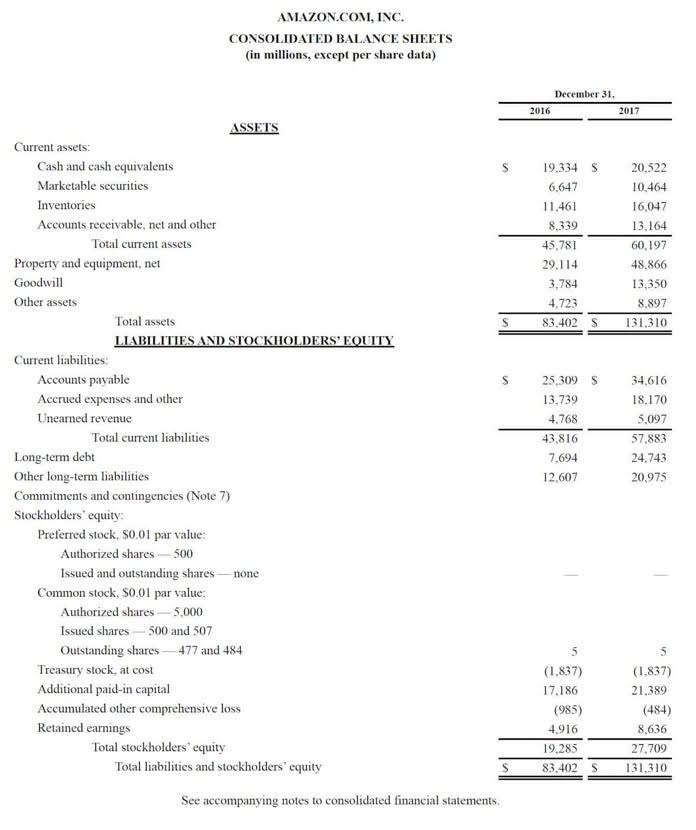
This enables businesses to proactively address these problems, safeguarding their financial operations. AI solutions in accounts payable analyze historical data and identify patterns, enabling businesses to forecast cash flow needs accurately. By providing real-time insights into payment schedules, vendor terms, and spending trends, accounts payable dashboards help companies make informed decisions. Thus, streamlining accounts payable with AI ensures better financial planning, optimized liquidity, and reduced risk of cash shortfalls. AI is making a big difference in accounts payable (AP) and accounts receivable (AR) by improving efficiency, accuracy, and decision-making. It handles tasks like smart invoice processing, automated approvals, and predictive analytics.
Vendor portal integration
- Put generative AI and LLMs aside for one moment – the reality is that even entry-level AI automation can help significantly in addressing these issues.
- If the software is unsure about the accuracy of the invoice details, it will flag it and send it to an AP team member for a manual check.
- By analyzing patterns and historical data, these systems can even detect anomalies or discrepancies in invoices before they become bigger issues.
- The future will likely witness AI systems that can handle increasingly complex tasks, learn more effectively from the data they process and deliver even more value to organizations.
- The tedious processes lead to fatigue and make it hard for the AP clerk to manage and clear bulk invoices.
The deep-learning and continually evolving AI and Machine Learning (ML) algorithm extracts correct data from invoices without any manipulation or misread. AI-stimulated automation has the ability to recognize errors, and can verify data within a second to establish the authenticity of a document. As AI and machine learning technologies continue to advance, their impact on the accounts payable landscape will only grow. AI-enabled process mining algorithms automate the capture of essential details like invoice numbers, dates, amounts, and vendor information. By Accounting Security using technologies like OCR and NLP, AI can process scanned or digital invoices of any format, ensuring precision and consistency.

Drive business transformation with AI in Accounts Payable

In three-way match, the AP team looks at the paperwork, check the purchase order (PO), and the goods receipt note. Thus, they check if the amount on the invoice is the same as the amount on the PO and if the right item has been delivered and payment is released. Because AI–powered AP solutions learn as they go, they become more accurate with every invoice they process. Greater accuracy helps your business comply with tax laws and reporting requirements and gives more transparency and control over spending. AP automation is at the forefront of the digital transformation of finance functions in business.

Pre-coded purchases
- Creating more accurate and timely reports, forecasts, and recommendations from a master dataset that’s fully trustworthy and always up to date.
- Messy invoices, missing fields, or inconsistent supplier records can throw a wrench into automation, leading to errors that ripple across financial workflows.
- AI increases accuracy, reduces manual errors, and provides real-time insights into financial operations.
- Additionally, AI optimizes cash flow by suggesting optimal payment schedules based on available funds, ensuring timely bill payments while maintaining healthy cash reserves.
- For small and medium-sized businesses (SMBs), these advancements don’t just save time, they’re an advantage over the competition.
These are just a few of the benefits of bringing in AI to improve your AP processes. Artificial intelligence can be used to improve AP processing by allowing you to perform tasks smarter, better, and quicker. But introducing even a small level of AI technology can give you the confidence to introduce more automated technology into your business. That’s where AI comes in handy since AI is able to train OCR to scan and RPA robots to process invoices in a variety of formats. It also helps avoid mistakes from manual errors and can be used to detect problems or analyze data. An example many people will be familiar with is the use of chatbots on websites.

Procurement software enables businesses to manage and automate the purchasing processes within a business. Financial close software, or accounting close software, help businesses to streamline how is sales tax calculated the financial close cycle. Accounting software helps companies automate financial functions and transactions. Benefits of automating AP processes include labor savings, increased productivity, faster cycle times, fewer payment errors, and more early-pay…

- The integration of AI in accounts payable and receivable (AP and AR) is transforming how companies manage their financial transactions by automating routine tasks and providing deep analytical insights.
- Your testing plan should include manual and automated testing to identify and address any issues.
- Accurate cash flow forecasting is essential for effective financial management.
- If you’re going to make one change to make the work easier, you may as well look at other parts that can be changed as well.
- One of the biggest shifts on the horizon is the increased adoption of end-to-end automation.
Businesses can leverage AI to improve and fasten their invoice processing. The Accounts Payable team will be assisted and, in some cases, relieved of many manual chores; this would improve their productivity and vastly improve their output. Plus, no more late payments, frauds, missed discounts, incorrect entries, AI in accounts payable and other invoice errors. Manual processes are overwhelming, time-consuming, error-prone, and slow.
